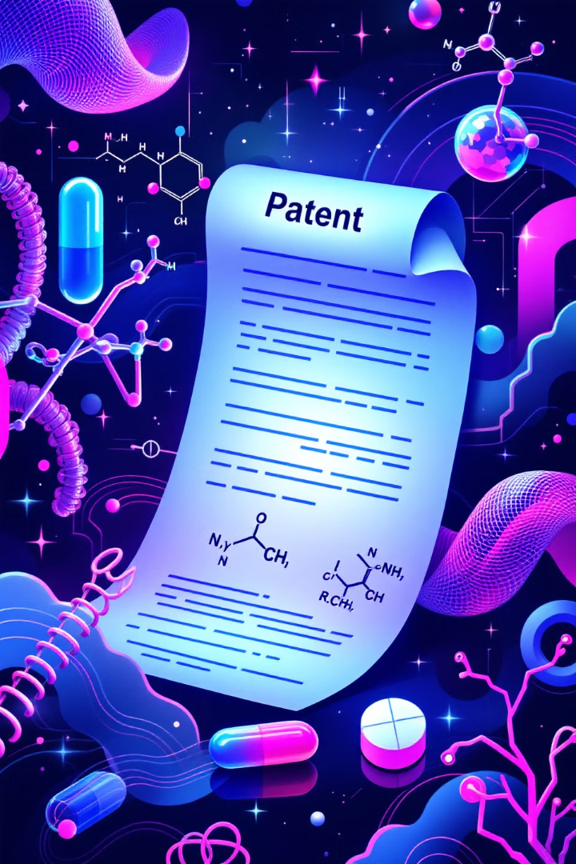Navigating the Complex and Dynamic Pharmaceutical Landscape
The pharmaceutical industry is a rapidly evolving field, driven by scientific advancements, regulatory changes, and shifting patient needs. Successful navigation requires a deep understanding of this complex landscape to deliver innovative therapies and improve patient outcomes.
Introduction to the Pharmaceutical Industry
The Drug Discovery and Development Process
Regulatory Approval and Clinical Trials
The path to bringing a new drug to market is long and complex, requiring extensive clinical trials and rigorous regulatory approval. This process ensures the safety and efficacy of pharmaceutical products, protecting patients while also enabling innovation in the industry.
Intellectual Property and Patent Protection
Emerging Trends in Pharmaceutical Innovation
The pharmaceutical industry is embracing a new era of innovation, driven by advancements in areas like genomics, artificial intelligence, and digital therapeutics. Novel approaches to drug discovery, clinical trials, and patient-centric care are transforming the landscape.
Personalized medicine, leveraging genetic and molecular data, is enabling more targeted and effective treatments. Meanwhile, AI-powered drug discovery is accelerating the identification of promising drug candidates, reducing development timelines.

Globalization and the Pharmaceutical Supply Chain
Ethical Considerations in the Pharmaceutical Industry
Ethical Considerations in the Pharmaceutical Industry
Addressing the Challenge of Affordable Access to Medicines
Pharmaceutical Marketing and Direct-to-Consumer Advertising
The Impact of Technology on the Pharmaceutical Industry
The pharmaceutical industry is being transformed by advancements in technology, from AI-driven drug discovery to digital therapeutics and telemedicine. These innovations are streamlining processes, improving patient outcomes, and driving greater efficiency across the sector.
Emerging technologies are also enhancing supply chain management, clinical trials, and post-market surveillance, helping companies navigate an increasingly complex and regulatory landscape.














